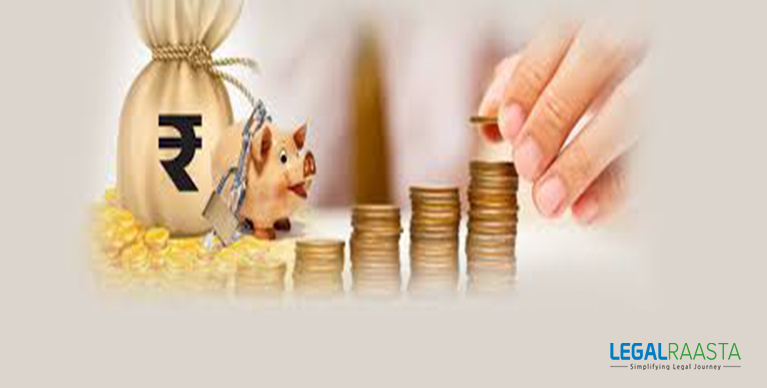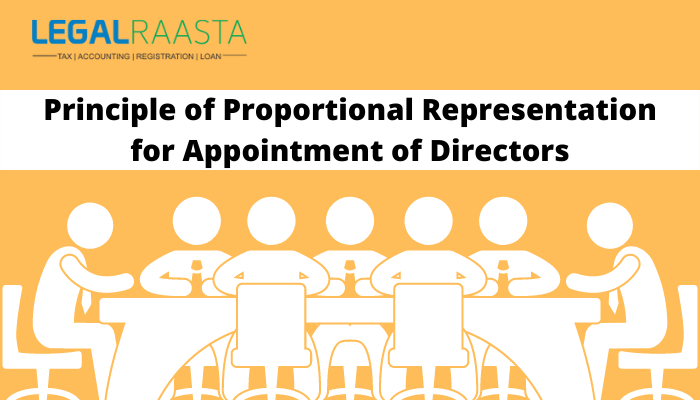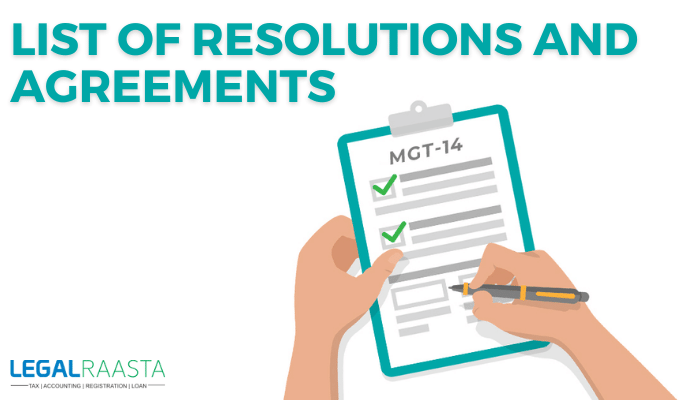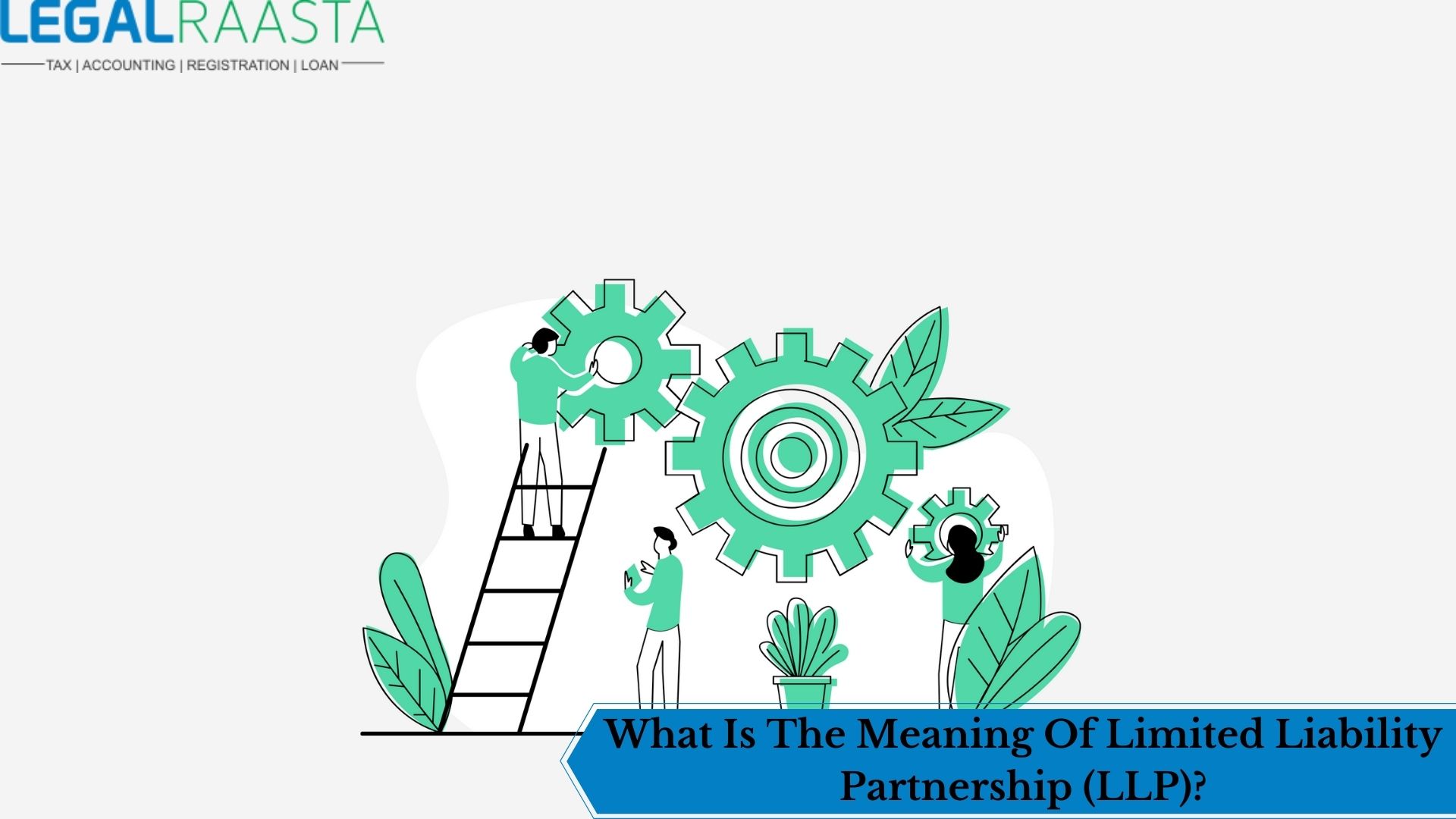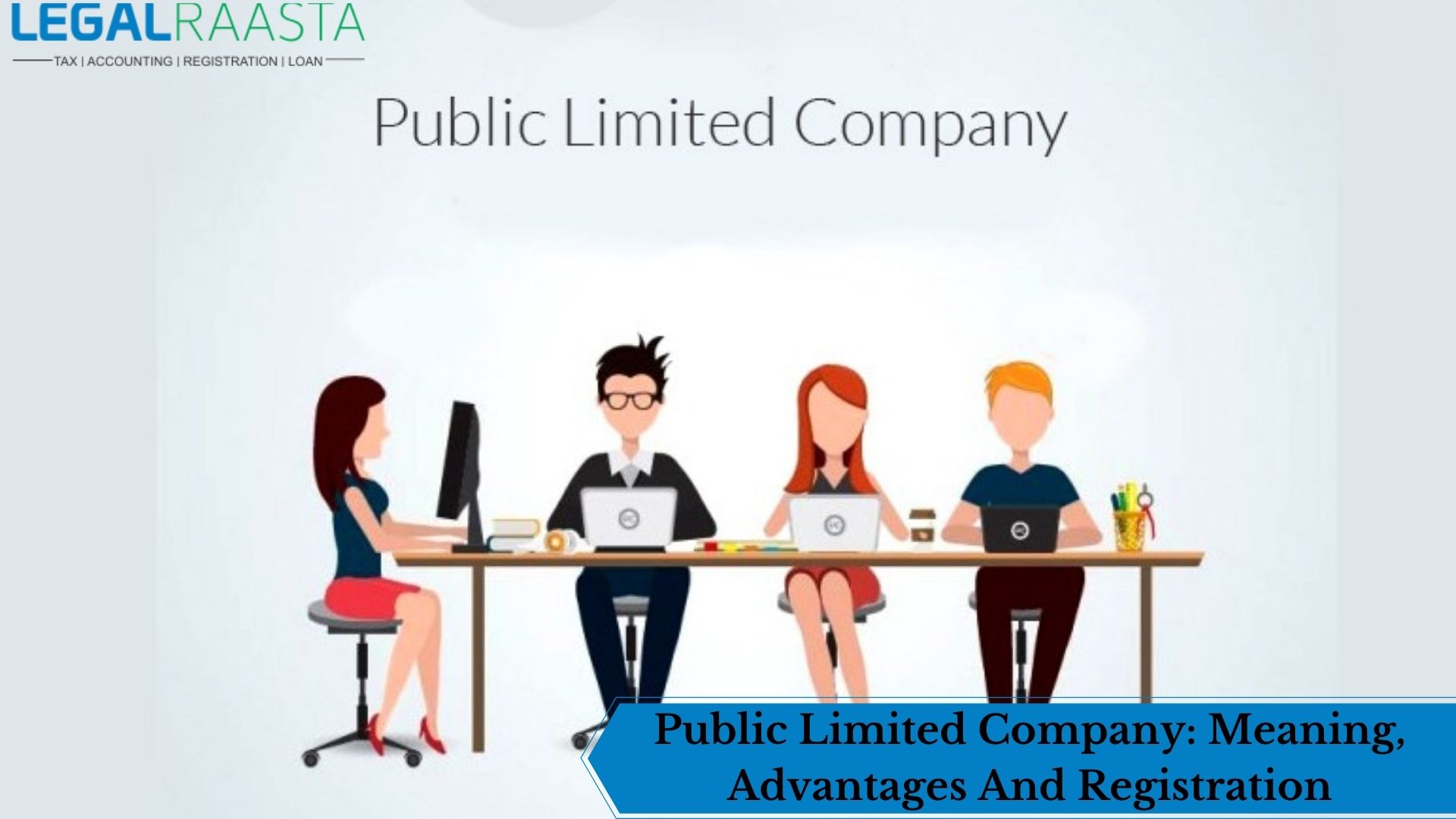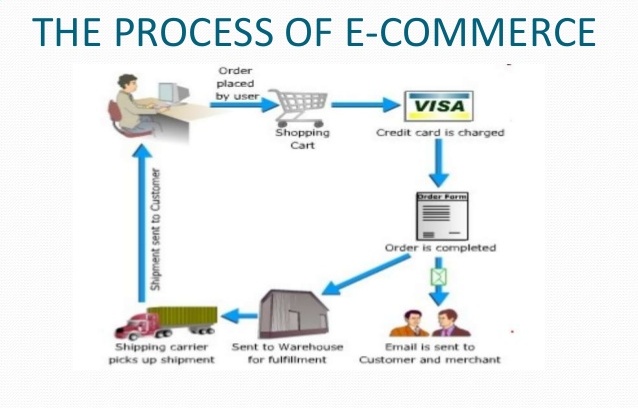How to deal with income from Bank Deposits and FDs while computing your income?
Tax is an important element of growth system of any economy. Among the multitude of taxes, there is one tax that stands out that is the income tax. It constitutes a lion’s share in the tax structure of an economy. Income tax deals with taxation of the income of a particular individual in one financial year. It is directly levied on the income of the people thus affecting the income directly. The income can be in any form: wages, salaries, interest, dividend or anything else. Some incomes are taxable, other are not. So while filing
Income Tax Return, the one filing it should take care of that. It is very essential to ascertain which of the incomes is taxable. This is all available on the official website of the Income Tax Department. You can go to the website and check out all the details.
The steps in computing tax on your income are:-
- Collect all the information about calculation of taxable income
- Computing total taxable income
- Calculating final tax payable/ refundable after using advance tax, TDS, and TCS.
There are pretty common tax mistakes that you need to stop doing. You need to know the following:-
- Interest up to Rs.10000/- is not tax-free in FDs.
- Interest on tax saving infrastructure bonds is taxable.
- Tax is payable on FDs and RDs in the name of children or wife.
You must compile information about your income from different sources firsthand. You need to assess your taxes and see if all the things have been done properly. Also, it is beneficial if you file your
income tax return online. It has several benefits. You are spared of the hard work that you would have to do in case you do it offline.
How to deal with income from bank deposits and FDs?
Bank deposits
Many taxpayers have a misconception that if the tax has been deducted at source, then there is no need to pay taxes but that is not the case. If the TDS is 10% and the taxpayer falls in the income bracket of 20%, then he is not exempt from the tax payable. She/he has to pay an additional 10% tax which has not been paid already. However, if your income is below the exemption limit, you have the right to reclaim the amount paid for TDS. Hence you are not relieved of payment of tax once you have paid the
TDS. You have to either pay or receive the tax as per your income structure. The Rs.10000/- deductions are applicable for savings bank accounts and HUF businesses. Deductions are applicable on term deposits. You can claim the refund of TDS by submitting 15G or 15H. TDS is not applicable on interest on savings bank A/C. So, you need not take care of that while computing tax on interest on savings bank account.
Hence, you need to include your income from bank deposits while calculating Self-Assessment Tax.
FDs
Fixed deposits are among the most famous source of savings. The money of people is kept safe for a fixed period of time, yielding comparatively higher returns. Interest income from fixed deposits doesn’t have any exemptions and is fully taxable. It is added to your total income and is taxed based on the slab rates. The tax deducted at the source is adjusted in this sort of income. TDS is deducted when the interest is due and not when the FD matures. So you need to adjust the gross amount to adjust the liability every year, whether or not the interest is received. Interest on FDs is shown under the head ‘income from other sources’.
This is how you should pay income from FDs with respect to TDS:-
- The bank doesn’t deduct TDS- This happens when you fall below the tax paying income group.
- TDS is payable at 10%-This is when the PAN card is linked to the bank account
- TDS is payable at 20%- This is when the PAN card isn’t linked
Since, unlike the savings account, there is no exemption, the tax has to be paid in full.
Taxpayers should know that their 10-digit alphanumeric PAN number can be used to track your tax payments and bank transactions. They can get all the information in their database by entering that code.
Now, easily file your
income tax return with the tax experts at
LegalRaasta.

